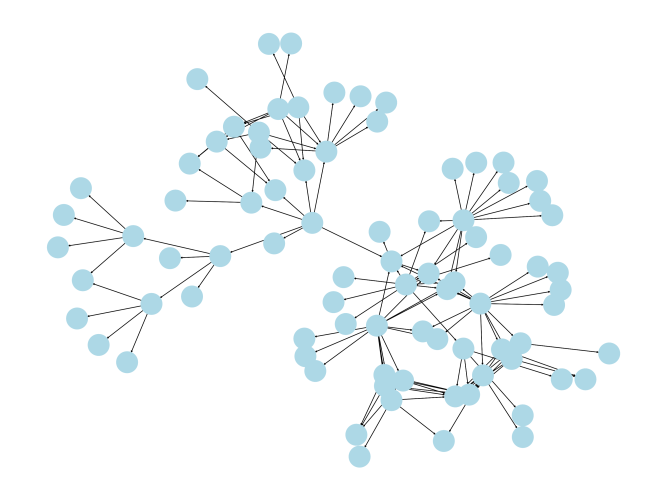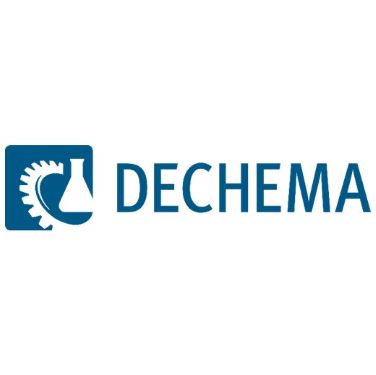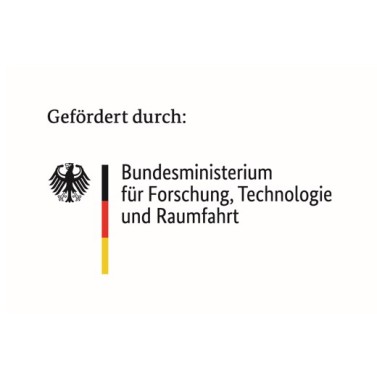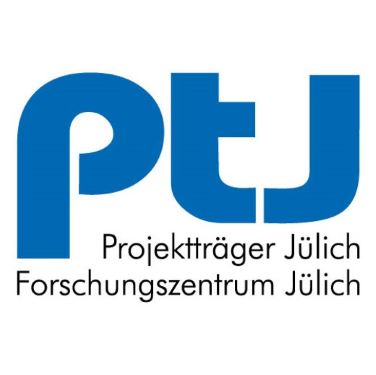Data are an essential resource both in research and in industrial context. To extract value from them, data must be findable, accessible, interoperable and reusable. This concept is known as FAIR. Thus, FAIR data management (FDM) is an essential part of good scientific practise. When observing FAIR principles, redundancies during data collection can be avoided and efficiency increased. The availablility of data improves transparency and sustainability in research and industry. Research at the FST is based on the good practices of FDM. Additionally, the FST is actively supporting the development of these practices and is active in the areas of (i) teaching – data competency from the beginning, (ii) governance, (iii) technology.
To push the discussion about FDM and to acknowledge good FDM practices, the FST has co-founded the scientific journal ing.grid.

FAIR Data
FAIR data are enabler for transparency, sustainability, science and economy.
With the FDM approach, the FST is following the principles of open science consistently. We are intensly commited to the areas of open data and data economics and publish open-source software. Additionally, we improve access to open education resources through the project DALIA. We promote free access to scientific publications with our Diamond Open Access journal ing.grid, where work is published under the CC-BY licence. Furthermore, we shape the publication process in a transparent and understandable manner through open peer review.
The FST significantly supports the application of the “data competency from the beginning” paradigm with the lecture “Grundlagen der Digitalisierung” and the “Praktikum Digitalisierung”, in which bachelor students get to know and apply FDM right at the beginning of their studies.
To make data machine readable and interpretable, it is essential to semantically describe them with clear, consistent and standardised vocabulary. To achieve this, ontologies are used. Ontologies define classes within a domain, as well as their attributes and the relations between them. They create a common understanding of terms within a domain, and thus allow precise communication between humans and machines. Additionally, ontologies enable users to make logical conclusions through the relations between classes and their properties. Furthermore, ontologies can be used to integrate data from different sources, to structure data and to improve search capabilities. The use of ontologies support users in adhering to FAIR (findable, accessible, interoperable, reusable) principles.
Further reading:
Graph databases allow the user to efficiently store and retrieve data and metadata for physical and virtual experiments. Thanks to their flexibility and efficiency, graph data bases are the optimal choice for most of our research.
The project DALIA significantly contributes to the application of the “data competency from the beginning” paradigm through the development of a platform for teaching and learning materials as the knowledge base “FAIR data usage and supply”. This platform will be implemented in a modern fashion as a semantically linked knowledge graph, suitable for NFDI and following the FAIR principles.
The base of DALIA are research projects, developments and validations of an information model, for infrastructure and for a search and recommendation service. Under consideration of sustainability, existing work regarding learning platforms of project partners are taken up and reused, so that within this project, new research aspects in the development of the knowledge base are put into focus.
NFDI4ING is the national research data infrastructure for engineering science and one of 26 discipline specific consortiums in the national research data infrastructure (NFDI). NFDI4ING brings the engineering community together and supports research data management in the engineering context. The consortium represents engineers from all areas of the discipline. It provides a unique, method oriented and user centric approach to make engineering research data FAIR – findable, accessible, interoperable, and reusable. NFDI4ING is lead by the speaker team Professor Robert Schmitt (RWTH Aachen University) and Professor Peter Pelz.
In the ENPRO initiative, the most important actors from the last ten years in the process industry work together to develop flexible and efficient modular plants. For the industrial application of the ENPRO outcomes and energy savings that come alongside them, modules that can be integrated and approved as well as their developers are currently missing on the market. In REUNION, suppliers, operators, universities and authorities are working together to define the requirements for these modules and develop them afterwards. The newly developed and improved modules are automated by means of the module type package (MTP) and their energy efficiencies are made transparent through energy KPIs. The MTP standard is to be further developed as well. The compatibility between different modules will be verified in a joint demonstrator. The documentation of the modules is done alongside the FAIR (findable, accessible, interoperable, reusable) principles and allows a flexible process development and approval for modular chemical plants. For this, simulation games are played with all project partners.
To improve the quality of study conditions and teaching, the universities of the state of Hesse financially support the teaching fond LeNA (Lehre Neu Aufsetzen) as a central QSL resource. The FST participates in LeNA with two sub-projects.
“JupyterHub-Pipeline for all”
In this project, tools to make the data flow from a source through a process to a storage resource explainable to students in a research context. To allow the integration of these tools into the daily learning process of students, a central infrastructure for data processing is being developed and deployed. Furthermore, this infrastructure will be connected to the existing learning infrastructure “moodle” of the TU Darmstadt as well as the institution wide data repositorium TUdatalib.
“Data competency from the beginning”
Based on the “JupyterHub-Pipline for all” project, this project teaches students the use of tools, methods and processes of research data management. They are supported in asynchronic learning through self-teaching modules.
ing.grid is a scientifically lead journal for FAIR data management in the engineering sciences. It is bound to the principles of open access, open peer review and open science. Open access simplifies the circulation of scientific discoveries and makes them usable for solving problems. Open review supports and improves the quality of lively scientific discussion. Open science improves the transparency of scientific processes, the responsibility of researches and the reusability of research results.
ing.grid is deeply rooted in the engineering sciences and published contributions from all areas of engineering. It supports active interdisciplinary exchange of experience and knowledge inside and outside of engineering sciences and grants scientific acknowledgement for contributions to research data management through publications.
ing.grid has been nominated for the short list of the first Enter Award for Open Access 2024.
Data competency right from the start! With this statement, the section EduTrain underlines the relevance of building data competency in all areas of research and higher education teaching and opens a path towards interdisciplinary sustainability in research data management and the development of a contemporary data culture.
Prof. Dr.-Ing. Peter F. Pelz is the deputy speaker of the NFDI section EduTrain.
- AIMS – (Application of interoperable meta standards)

Error on loading data
An error has occured when loading publications data from TUbiblio. Please try again later.
-
{{ year }}
-
; {{ creator.name.family }}, {{ creator.name.given }}{{ publication.title }}.
; {{ editor.name.family }}, {{ editor.name.given }} (eds.); ; {{ creator }} (Corporate Creator) ({{ publication.date.toString().substring(0,4) }}):
In: {{ publication.series }}, {{ publication.volume }}, In: {{ publication.book_title }}, In: {{ publication.publication }}, {{ publication.journal_volume}} ({{ publication.number }}), ppp. {{ publication.pagerange }}, {{ publication.place_of_pub }}, {{ publication.publisher }}, {{ publication.institution }}, {{ publication.event_title }}, {{ publication.event_location }}, {{ publication.event_dates }}, ISSN {{ publication.issn }}, e-ISSN {{ publication.eissn }}, ISBN {{ publication.isbn }}, DOI: {{ publication.doi.toString().replace('http://','').replace('https://','').replace('dx.doi.org/','').replace('doi.org/','').replace('doi.org','').replace("DOI: ", "").replace("doi:", "") }}, Official URL, {{ labels[publication.type]?labels[publication.type]:publication.type }}, {{ labels[publication.pub_sequence] }}, {{ labels[publication.doc_status] }} - […]
-





















